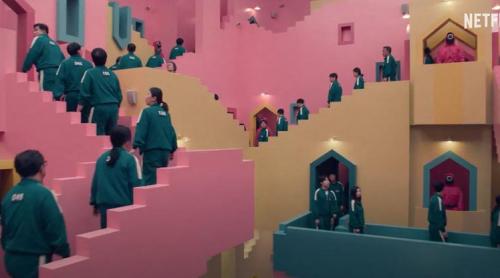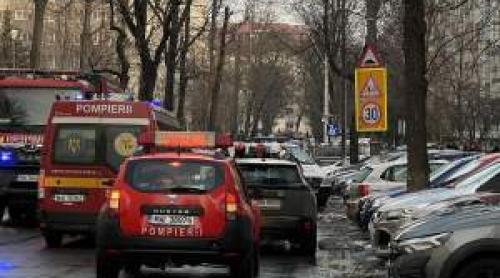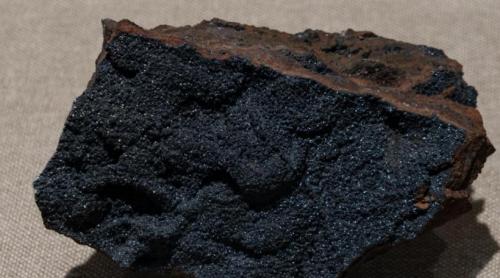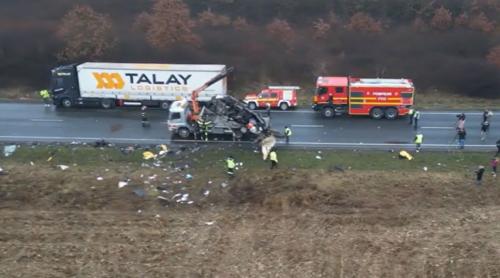A decree signed by the Environment Minister Sulfina Barbu is simply crashing the economical life of the Danube Delta. The document has no legal grounds and imposes measures with no justification. The decree is typical for Sulfina Barbu, the present Minister of Environment.
The recent signed document regards the initiation of protection measures for fish species with ecological and/or economical value. It forbids, for a period of three years, the luce fishing for commercial purposes. It also forbids the tench and fry fishing.
Like other legislative measures taken after November 2004, this document is also partly illegal and, on the other hand, it seems to bring more chaos in the agitated life of the Danube Delta.
Only a few months ago, the National Institute for the Development and Research of the Danube Delta showed in a study an increase in the luce population, but not a decrease. This is the same in the
case of the tench and fry populations that couldnât be fished between 1992 and 2002. After ten years of prohibition for these species, the studies have shown an increase in the populations of tench and fry. This determined the authorities to allow the fishing, but not even three years after annulling this prohibition, specialist Barbu signs a new prohibition order for these species.
THE LUCE
In the Danube Delta, there are legal documents for approximately 12,000 seines, used by professional anglers. These tools are built in such a way that one can easily catch several species of fish with it, without having any intention. What should the angler do when he takes the seine out of the water and has a few luces in it? Should he take them home or throw them back in the water, dead as they are? Another aberration: more than 4,500 permits for family fishing in the Danube Delta are awarded every year. If one of these anglers that are entitled to 3 kilograms for personal use each day is caught with a luce, tench or fry, he commits a crime. That means he has to pay 300 to 800 million lei (ROL). However, like many of the decisions that regarded the Danube Delta in the past years, this one has also a little loophole. The order says the luce can be caught in the special stock pounds. Any angler caught with kilograms of fish will be able to say he caught it in these places.
THE STURGEONS
The helter-skelter and amateurish behavior is easy to find in the paragraphs regarding the sturgeon fishing as well. The order forbids fishing in the Catarg area, the best place for fishing the sturgeons. The lessee, Conectii Internationale Ltd. has had to confront with this during the years. In case fishing in the Catarg area will be forbidden, the sturgeon quotation in there will be redistributed, in such a way that other lessees will benefit from this order. If they wanted to protect this specie, they would have forbidden the sturgeon fishing everywhere in the Delta. Now, the ones that will accidentally catch sturgeons in these areas will sell it illegally because they will be afraid of reporting it.
ILLEGAL
The order contradicts the Law number 192/ 2001, regarding the living aquatic resources, the fishing and the aquaculture, completed by the Emergency Decree number 69/ 2004. The first paragraph of the 35th article of the law says that "every year, following the propositions of the National Agency for Fishing and Aquaculture, through a common order of the Ministers of Agriculture and Environment, there will be set the periods and areas of prohibition, as well as the area for the protection of the living aquatic resources." "Every year" makes this order illegal. The prohibition area and periods have been set in March this year and any other decree for 2005 is illegal! In the same time, there havenât been any extraordinary events that asked for this measure to be taken. Moreover, the Law number 192 doesnât allow the Minister of Environment or the one of Agriculture to set protection measures. Well, the first paragraph of the first article of this decree refers to this issue exactly! The interdiction for fishing, in the manner it is brought in discussion by the order, is illegal.
INTERNATIONAL WATERS
The order brings a few regulations regarding the Danube, the frontier waters between Romania and Ukraine. The fishing and protection rules are set in accordance to the international conventions agreed with the Ukrainian side. There are no agreements for the present decree, not even some discussions, and this makes the decree null. In fact, the orderâs measures donât have any result because, while the Romanian authorities forbid the fishing for Romanian anglers in the Cotul Pisicii (Catâs Turn) area, the Ukrainian anglers are free to fish in this area. The decree is also illegal because it should be valid for three years. The legislation allows only measures that are valid for one year!
WITHOUT THE APPROVAL OF THE SCIENTIFIC COUNCIL
The order had to be approved by the leading council of the ARBDD (the Administration of the Danube Delta Biosphere Reserve), by the Scientific Council of the institution, to be more specific. The Scientific Council hasnât discussed the measures in the order, even though they had a meeting in June. In the same time, the Council hasnât been informed about issues like the ones in the decree. The studies of the National Institute for the Development and Research of the Danube Delta, which got the okay from the Romanian Academy, donât say anything about a down-grade for the fish species. Moreover, the luce population has increased in the past years. This is the same situation with the sturgeons as well. This is confirmed by the studies and the reports of CITES.
THE PREDATORS WILL DESTROY
No one cared about the fact that the prohibition for the luce for three years will lead to the explosion of this specie of predators in the Danube Delta Biosphere Reserve. The increase in the number of luce will severely affect the other species in the Delta, because the predator hunts the spawns. Moreover, the UNESCO "Man and the Biosphere" program says that any decision must be taken after scientific studies to avoid ecological disasters. The Danube Delta is part of this program. It is obvious that there isnât any study to recommend these measures. The conclusion is that this decree encourages the development of the "black market", it might lead to major ecological disasters and affects the economical activities in the Reserve.



















